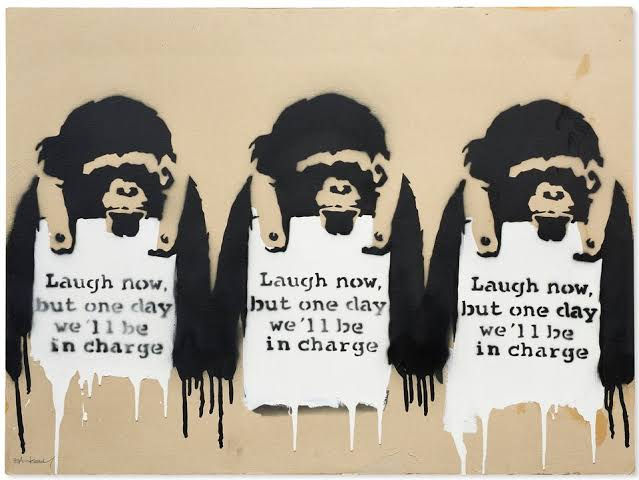A Pharma Trademark or Brand name derived from a chemical name can't be proprietary
- IP News Bulletin
- Sep 2, 2022
- 3 min read
Sun Pharma has filed an appeal with the Delhi High Court, alleging that a medicine manufactured by Hetero Healthcare and used to treat metastatic breast cancer has violated Sun Pharma's trademark.
Justices Vibhu Bakhru and Amit Mahajan from a division bench maintained the Commercial Court's judgement. It was ruled that Sun's trademark was simply the first six letters of the component, "Letrozole," which is the salt's international non-proprietary name (INN).
Sun Pharmaceutical Laboratories contested the ruling by the Commercial Court rejecting its petition under Order 39 Rule 1 and Rule 2 of of the Code of Civil procedure 1908 and filed a lawsuit, stating infringement of its "LETROZ" trademark and stealing and requesting a decree of permanent injunction preventing the respondent from referring to the aforementioned pharmaceutical substance under the brand name "LETERO." It is stated that Sun has used since 2001 a generic medicine with the brand name "LETROZ" for advanced breast cancer second-line therapy.
The Commercial Court ruled that it is obvious that the SUN trademark is little more than the INN's initial six letters and this important fact should be kept in mind while discussing the similarities of the marks in this matter.
The Court determined that the appellant in the current case cannot be permitted to monopolise the INN "LETROZOLE" based on the Schering Corporation & Ors. v. Alkem Laboratories Ltd. case. It said,
"Simply because both parties have adopted the initial letters of the INN "LETROZOLE," (SUN has adopted the first six and HETERO has adopted the first three) does not mean that the mark "LETROZ" is similar to the trademark "LETERO." It is clear that both SUN and HETERO are using their trademarks, which are derived from the "INN" term "LETROZOLE," which is descriptive of the drug's active component, i.e., "LETROZOLE.""
The Commercial Court and the High Court both agreed that there isn't much room for mistake or deception in this situation at first glance.
It followed the reasoning in Panacea Biotec Ltd. v. Recon Ltd., where it was decided that a manufacturer cannot assert any distinctiveness or exclusivity where the name is taken from or coined from the term of the primary substance utilised in the creation of the drug.
The Court reaffirmed that, in the event of a passing-off lawsuit, the resemblance of the opposing marks must be considered along with any potential for confusion or deceit.
The Court reaffirmed that, in the event of a passing-off lawsuit, the resemblance of the opposing marks must be considered along with any potential for confusion or deceit. According to the Supreme Court's ruling in Cadila Health Care Ltd. v. Cadila Pharmaceuticals Ltd., the parties' products would be bought by both literate and illiterate consumers, as well as villagers and town residents, and the issue must be viewed from the perspective of a man with average intelligence and imperfect memory. According to the court, a customer in India cannot be compared to a buyer of products in England. It was discovered that the medications have very diverse adverse effects, according to their findings.
As a result, the test should be applied strictly because any mistake on the part of the consumer could cause serious injury.
In this instance, the court further determined that the colour scheme of the product and package did not coincide. Therefore, it stated
"It is difficult to accept that the said medical practitioner is likely to be confused because the initial three letters of the marks which are derived from the API - are same in cases where a drug necessarily has to be prescribed by a registered medical practitioner, especially, for the treatment of serious illness as breast cancer."
The Court further recognised that the medicine sold under the mark "LETERO" has been available since 2007 and is a registered trademark of HETERO.
SUN has not submitted any documentation or supporting data to even reasonably imply that anyone was confused as a result of the supposed confusing likeness between the two marks.
It further stated that an appellate court would respect the trial court's decision-making because another viewpoint is conceivable. The Court further stated, "As long as the view taken by the court below is a reasonable one, no interference is necessary."






Comments